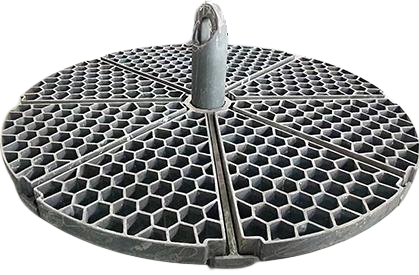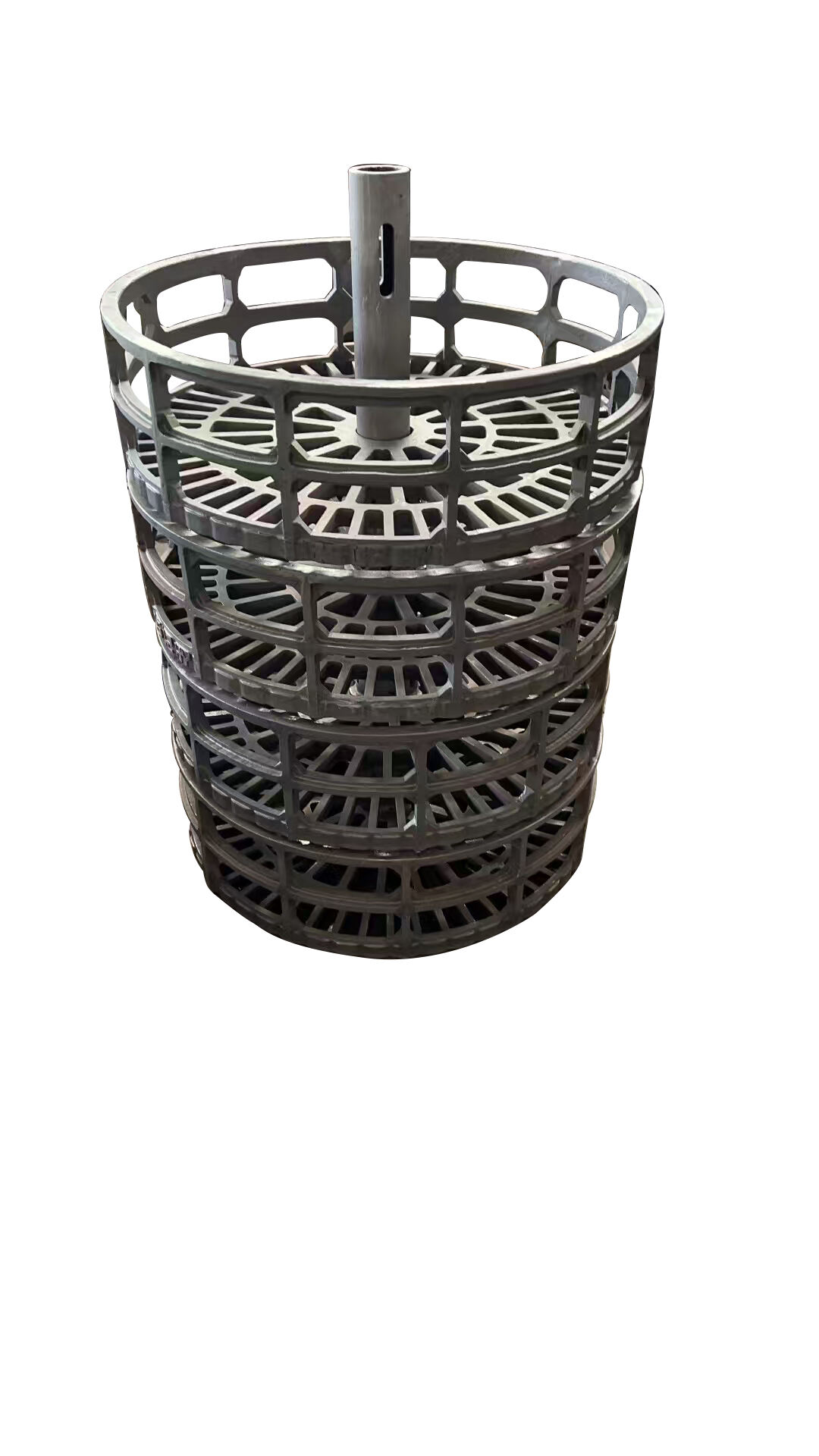heat resistant steel casting
Heat resistant steel casting represents a crucial advancement in industrial manufacturing, engineered specifically to maintain structural integrity and performance under extreme temperature conditions. This specialized casting process combines precise metallurgical composition with advanced manufacturing techniques to create components that can withstand temperatures ranging from 600°C to over 1200°C. The material composition typically includes carefully balanced amounts of chromium, nickel, and other alloying elements that contribute to its exceptional heat resistance properties. These castings are manufactured through controlled pouring and solidification processes, ensuring uniform material properties throughout the component. They exhibit remarkable resistance to thermal fatigue, oxidation, and corrosion, making them indispensable in high-temperature industrial applications. The microstructure of heat resistant steel castings is specifically designed to maintain stability at elevated temperatures, preventing deformation and maintaining mechanical properties under thermal stress. These castings are extensively tested for quality assurance, including radiographic examination, ultrasonic testing, and mechanical property verification to ensure they meet stringent industry standards.

